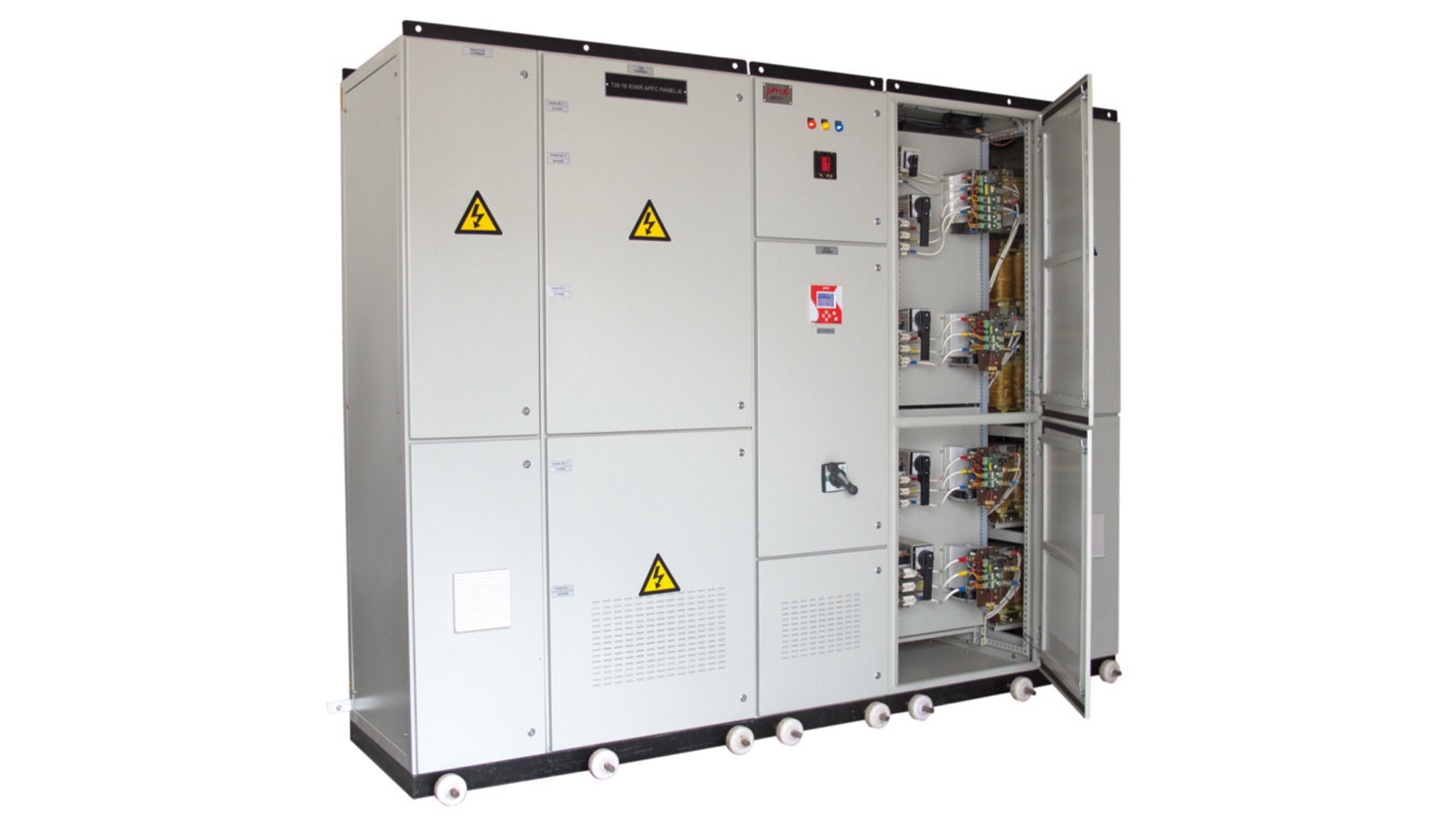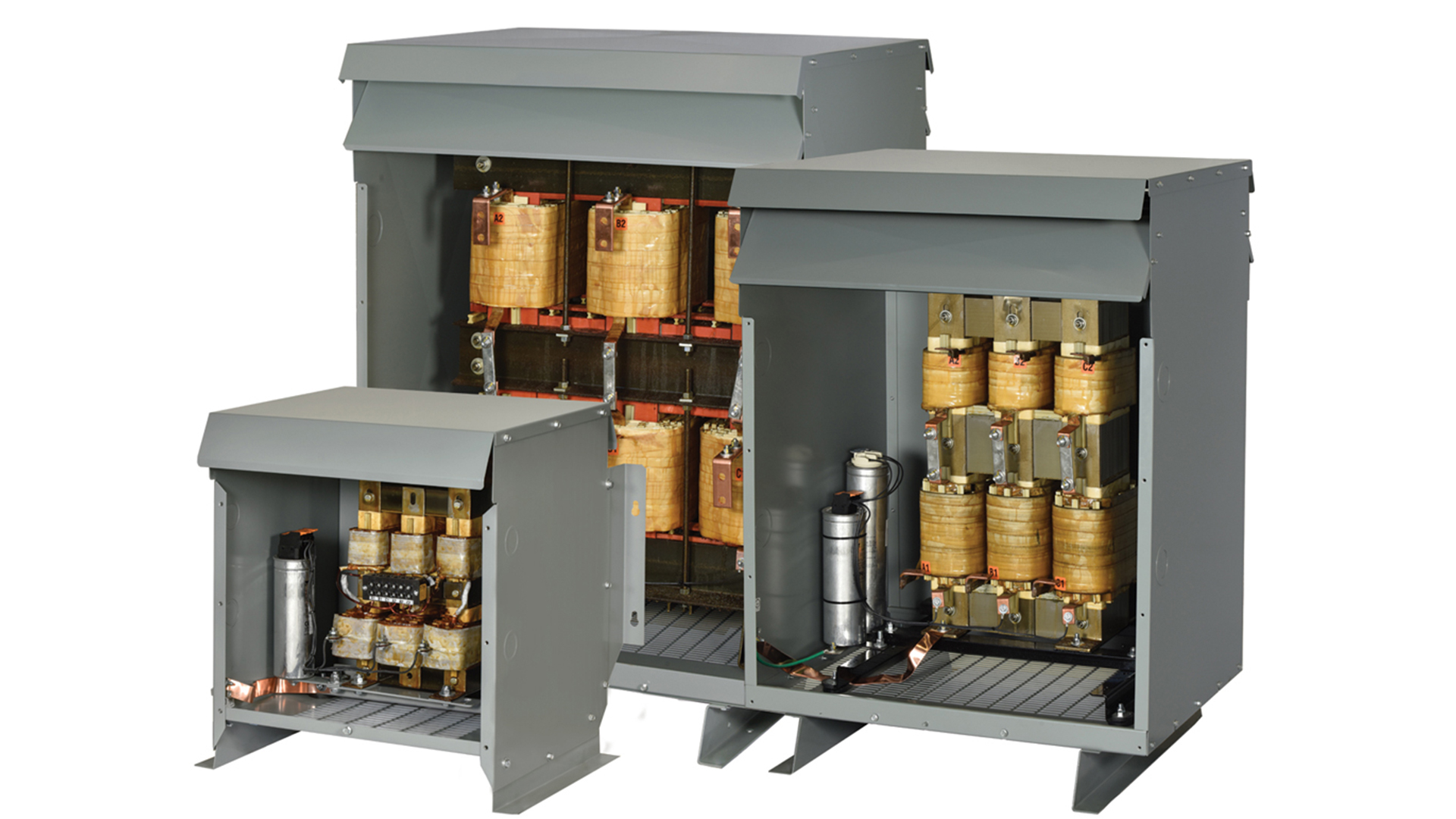Passive harmonic filters are electrical devices used to mitigate harmonic distortion in power systems caused by non-linear loads. Non-linear loads, such as variable frequency drives, power electronics, and certain types of lighting, draw non-sinusoidal currents that introduce harmonic currents into the electrical system. These harmonic currents can lead to voltage distortion, overheating of equipment, and other power quality issues.
Passive harmonic filters work by providing impedance to the harmonic currents, diverting them away from the power source and reducing their impact on the system. They are called "passive" because they do not require an external power source or active control mechanisms to operate.
Here are some key features and benefits of passive harmonic filters:
- Filtering Capacitors and Inductors: Passive harmonic filters consist of a combination of capacitors and inductors. The capacitors provide low impedance to the harmonic currents, while the inductors provide high impedance. Together, they form a tuned circuit that attenuates specific harmonics.
- Harmonic Selectivity: Passive harmonic filters are designed to target specific harmonics based on their frequencies. They are typically tuned to the most common harmonic frequencies found in the system. By selectively attenuating these harmonics, passive filters help improve power quality without affecting the fundamental frequency components.
- Simplified Design and Installation: Passive harmonic filters are relatively simple in design and installation. They can be connected in parallel to the non-linear loads or at the main electrical distribution panel. This makes them easy to integrate into existing power systems.
- Maintenance-Free Operation: Once installed, passive harmonic filters require minimal maintenance. They do not have any active components or control systems that require monitoring or adjustment.
- Over current Protection: Passive harmonic filters often include built-in over current protection devices, such as fuses or circuit breakers, to safeguard against excessive currents. These protection devices help ensure the safe operation of the filter and the connected equipment.
- Improved Power Quality: By reducing harmonic distortion, passive harmonic filters help improve power quality by minimizing voltage distortion, reducing the risk of equipment malfunctions, and improving the overall efficiency of the electrical system.
It's worth noting that passive harmonic filters have limitations. They are effective for moderate levels of harmonic distortion but may not be suitable for systems with severe harmonic issues. In such cases, active harmonic filters or a combination of passive and active filters may be necessary.
Passive harmonic filters are commonly used in various applications, including industrial plants, commercial buildings, data centers, and healthcare facilities, where non-linear loads are present. They help mitigate harmonics, ensure compliance with power quality standards, and protect sensitive equipment from the adverse effects of harmonics.
- Category Consultancy, Service

